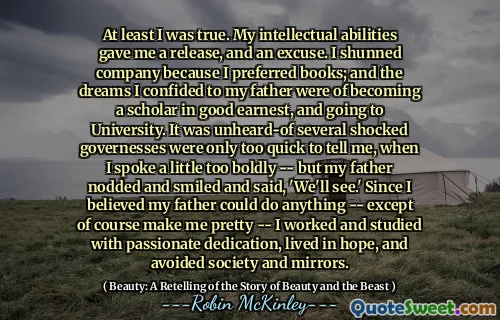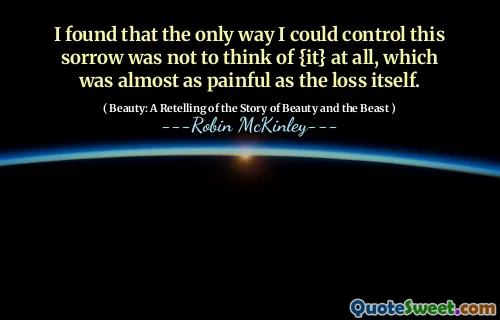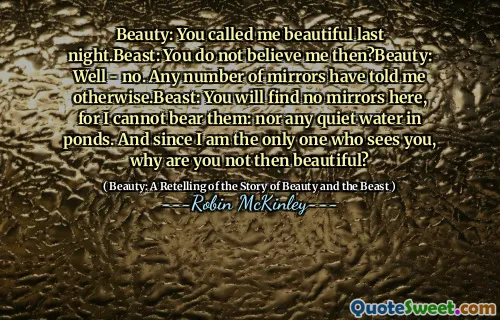
At least I was true. My intellectual abilities gave me a release, and an excuse. I shunned company because I preferred books; and the dreams I confided to my father were of becoming a scholar in good earnest, and going to University. It was unheard-of several shocked governesses were only too quick to tell me, when I spoke a little too boldly -- but my father nodded and smiled and said, 'We'll see.' Since I believed my father could do anything -- except of course make me pretty -- I worked and studied with passionate dedication, lived in hope, and avoided society and mirrors.
The protagonist focuses on her intellectual pursuits as a means of escape, choosing books over social interactions. She dreams of becoming a scholar and attending university, aspirations that are met with skepticism by her governesses, who are surprised by her boldness. Despite their reactions, her father supports her ambitions, which fuels her determination and hope for the future.
This dedication to her studies comes with a price; she avoids societal pressures and the idea of physical beauty. Instead, she immerses herself in academics, believing that her intellect is her true strength. Her father’s support bolsters her confidence as she navigates her desires and the constraints imposed by others.











